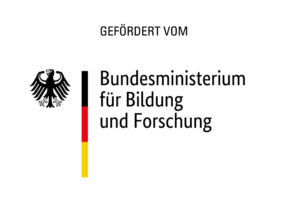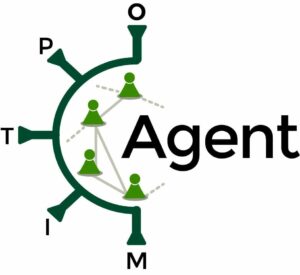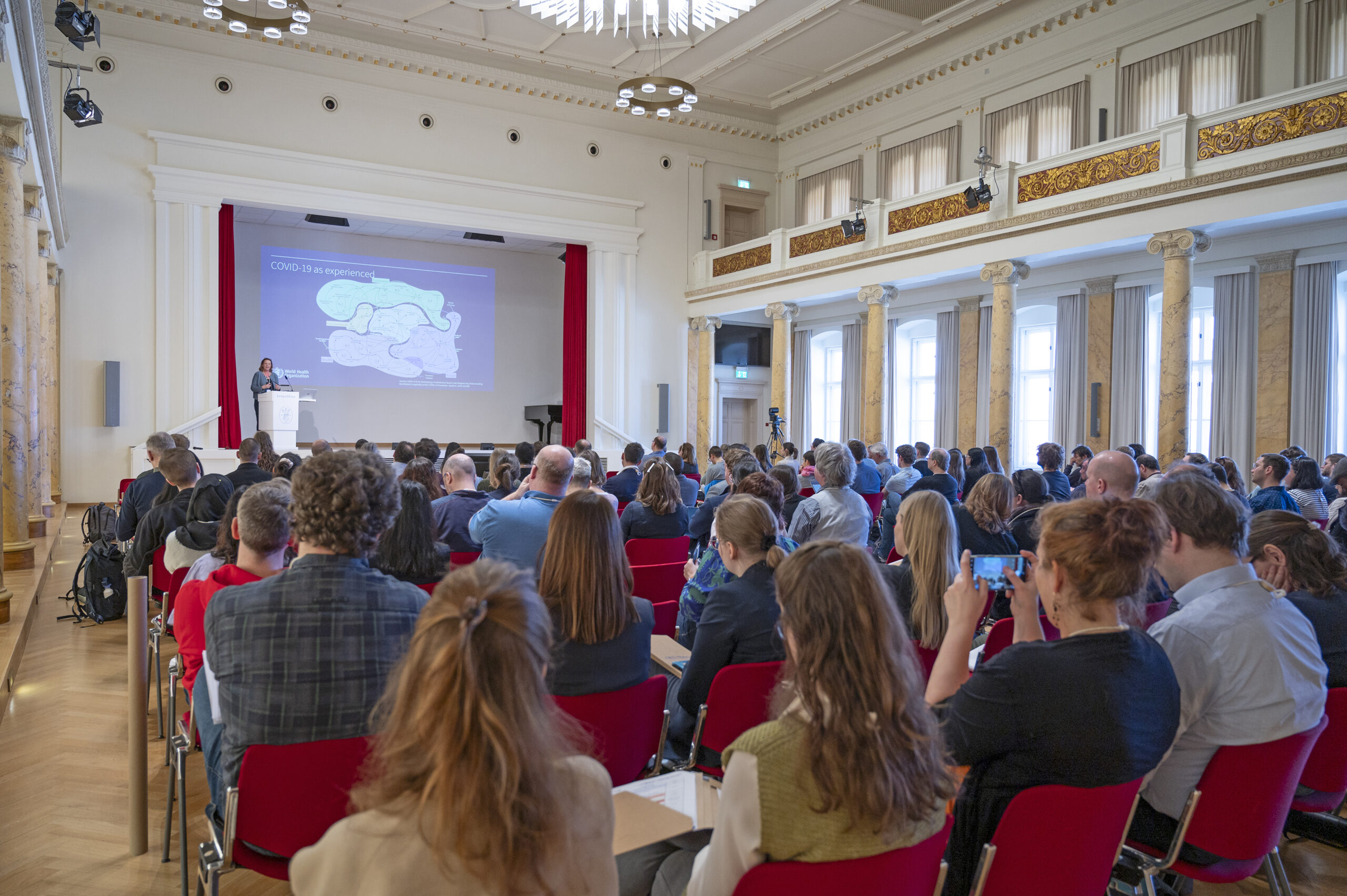The German National Academy of Sciences, Leopoldina, hosted the “2nd National Conference on Infectious Disease Modeling”, which brought together over 150 national and international experts, including around 40 OptimAgent participants, in Halle (Saale) to further strengthen and expand modeling expertise in the fight against infectious diseases in Germany and beyond.
The BMBF-funded Modeling Network for Severe Infectious Diseases (MONID), including OptimAgent, reflects with gratification on three days of exciting panel discussions, intensive talks and presentations by talented (young) modellers. From Wednesday, 13.03.2024 to Friday, 15.03.2024, over 150 scientists gathered at the Leopoldina in Halle (Saale) or online to share their research results and discuss how modeling can be designed and communicated in the future as outlined in the “2nd National Conference on Infectious Disease Modeling”.
The conference was opened by high-ranking representatives from politics and science: The Dean of the Faculty of Medicine at Martin Luther University Halle-Wittenberg Prof Heike Kielstein, Parliamentary State Secretary Mario Brandenburg and the President of the Robert Koch Institute Prof Lars Schaade addressed the participants. In his video message, State Secretary Mario Brandenburg affirmed that the network has successfully managed to bundle modeling expertise on the topic of severe infectious diseases in Germany and make it publicly visible, so that MONID now serves as a central point of contact for science for politics and society. The representative of the BMBF and the responsible employees of the Project Management Jülich were also able to gain an impression of the progress and success of their research funding on site.
The 2nd annual conference once again offered the unique opportunity to exchange ideas with national and international experts from the field of mathematical modeling of infectious diseases and related disciplines on the latest findings in these areas.
In four oral sessions, a total of 24 researchers presented their current research work to the audience, including five presentations as part of OptimAgent. The topics ranged from modeling intervention compliance behaviour, a post-hoc analysis of Covid-19 mortality in Poland, the modeling of mass gatherings in light of potential future pandemics to technical questions such as how to make large-scale individual-based infectious disease models fast. In addition, last year’s popular format of one-minute elevator pitches was revived, in which five OptimAgent junior scientists were able to present their project in a creative way to attract the attention of the conference participants. In the subsequent poster session, a further nine OptimAgent researchers took the opportunity to present their results to the modeling community in moderated poster tours and to discuss them afterwards.
Another highlight of the conference was the exchange between experts in panel sessions on three different key topics, in which the audience was actively involved in the concluding discussion round. The panel on “Contacts and diversity in models” was not only organised and moderated by Prof. Dr André Karch, subproject leader in OptimAgent and RESPINOW, but also started directly with a top-class keynote speech by Dr Luca Ferretti from the University of Oxford and member of the Scientific Advisory Board (SAB) of OptimAgent with insights into the transmission risk and drivers of epidemic dynamics from digital contact tracing. OptimAgent scientists also made important contributions to the other two panels on “Adaptive behaviour in modeling”, including Prof. Dr Mirjam Kretzschmar, and “Modeling and model parameterisation for respiratory infections”. The latter was led by Dr Berit Lange, RESPINOW project leader and MONID board member, and opened the discussion with an excellent keynote speech by another OptimAgent SAB member. Prof. Dr Stefan Flasche, newly appointed Professor of Infection Dynamics and Global Health at the Charité Center for Global Health, spoke about uncertainties in parametrizing vaccination strategies for respiratory infections.
In summary, the conference once again highlighted how important it is to create joint and sustainable structures to strengthen modeling expertise in Germany and internationally and that highly complex infection epidemiological models can only be developed in an interdisciplinary and collaborative manner in order to come one step closer to solving global health problems such as researching and combating severe infectious diseases.
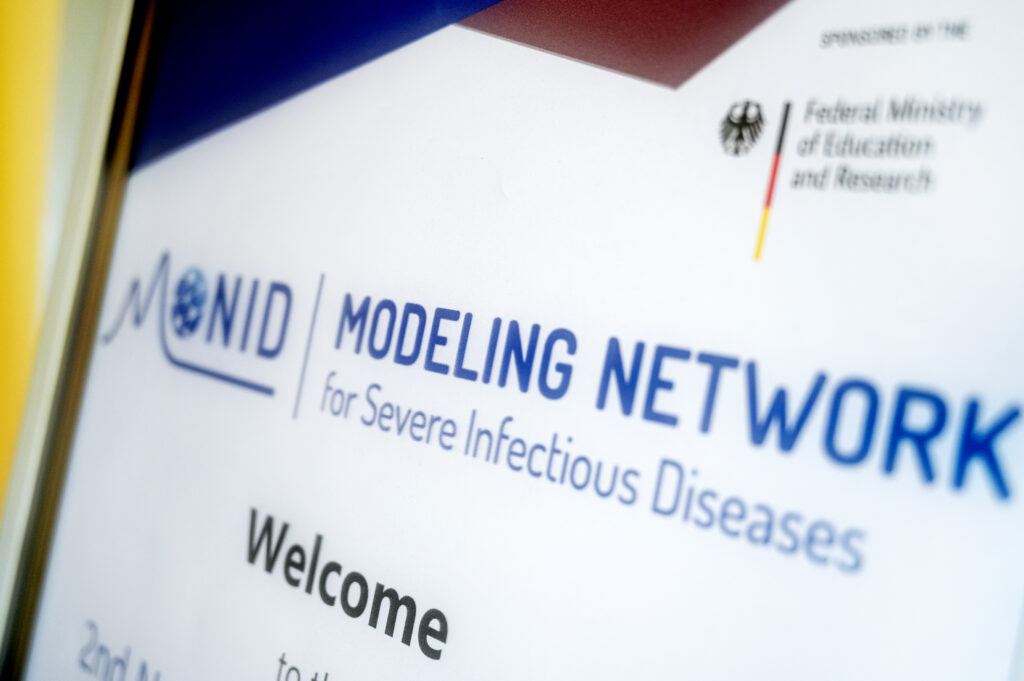
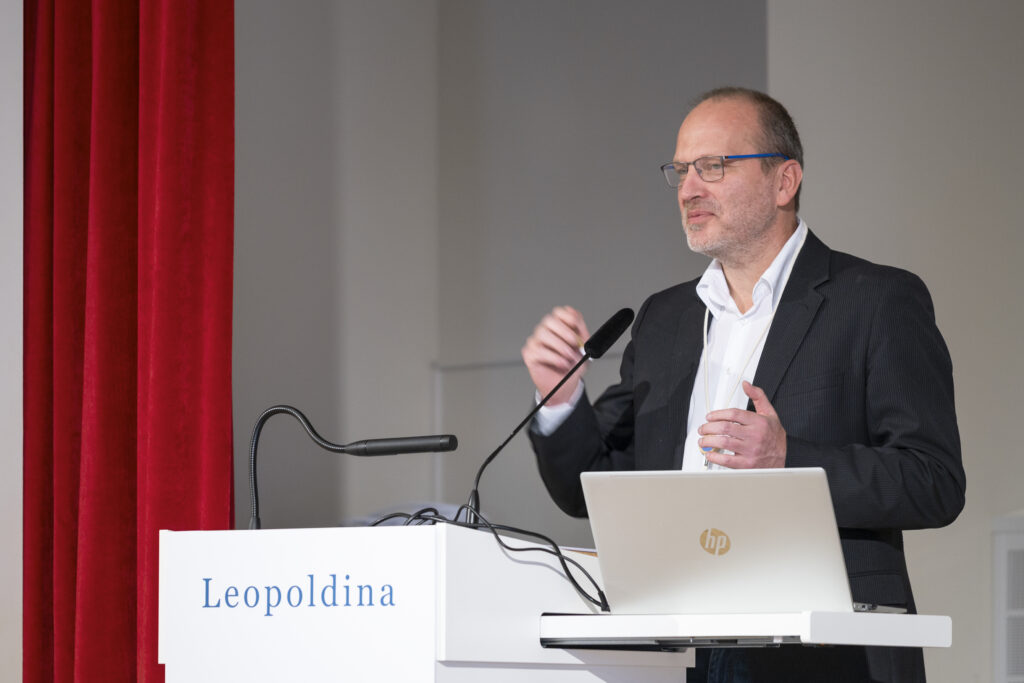

© Universitätsmedizin Halle
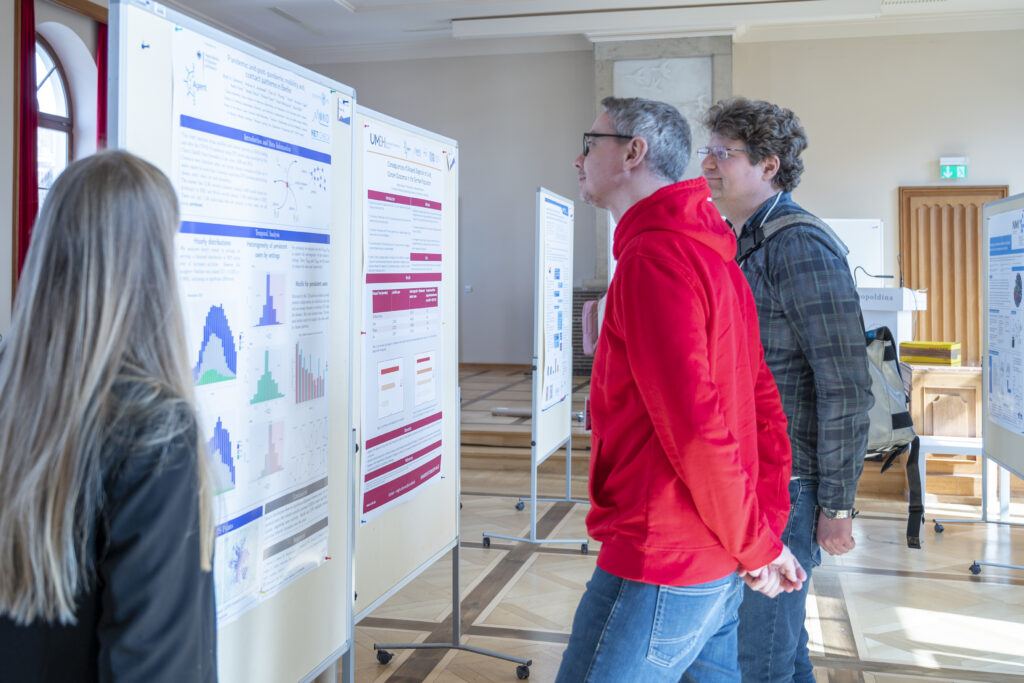

© Carla Hartmann/MONID

